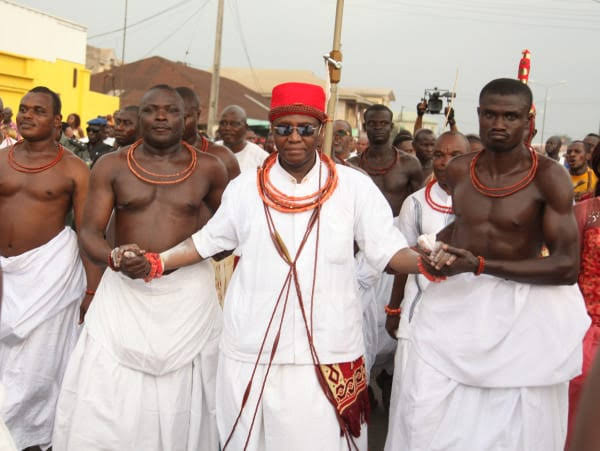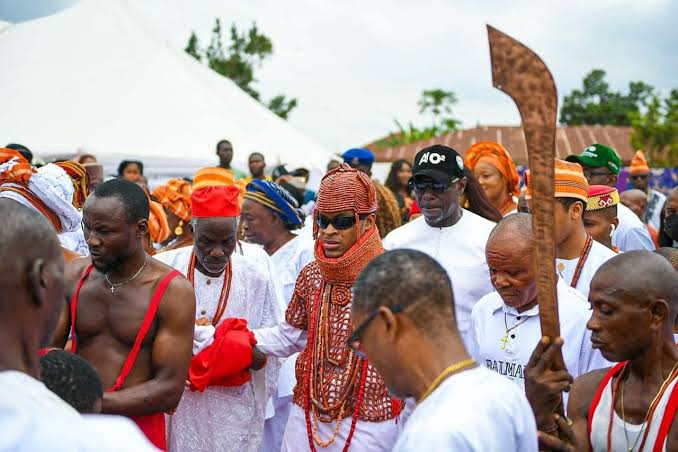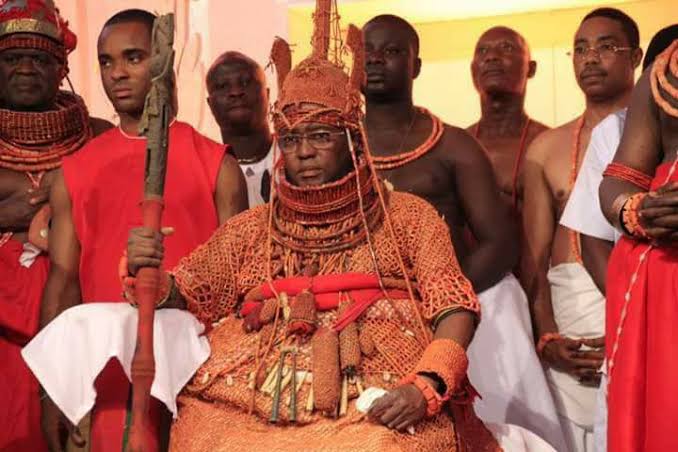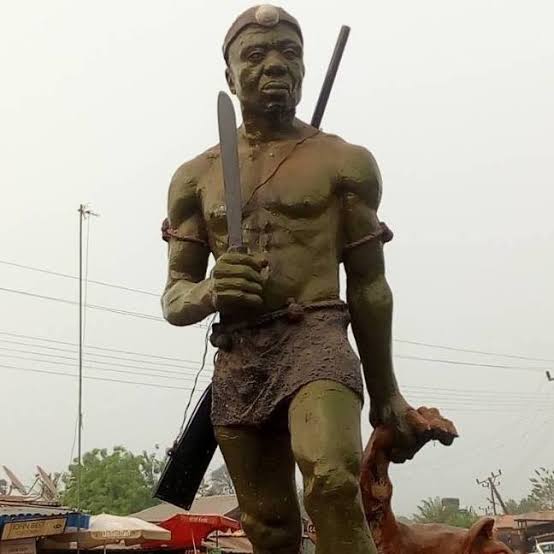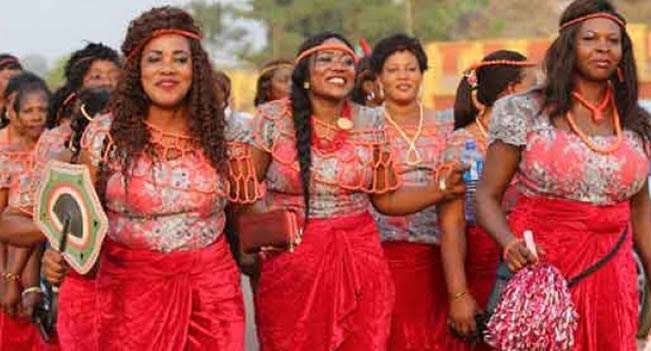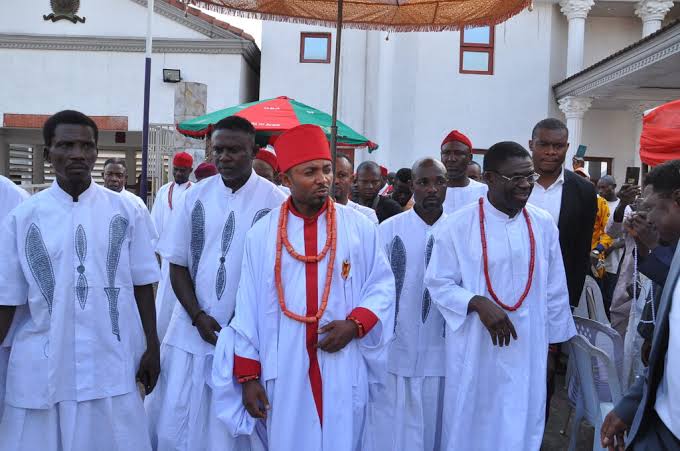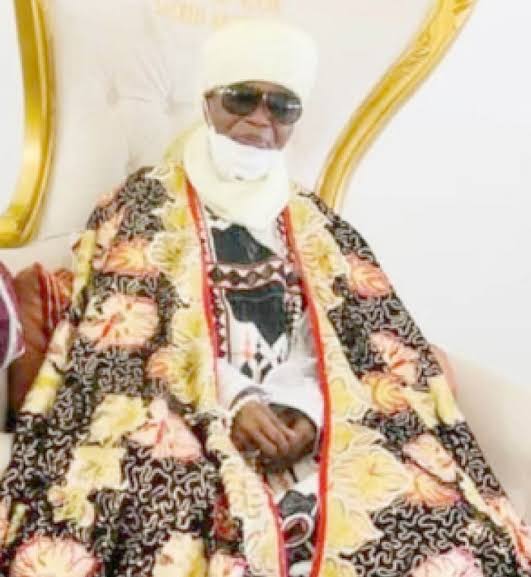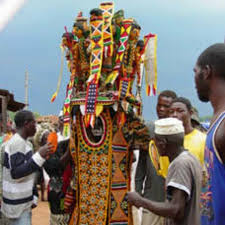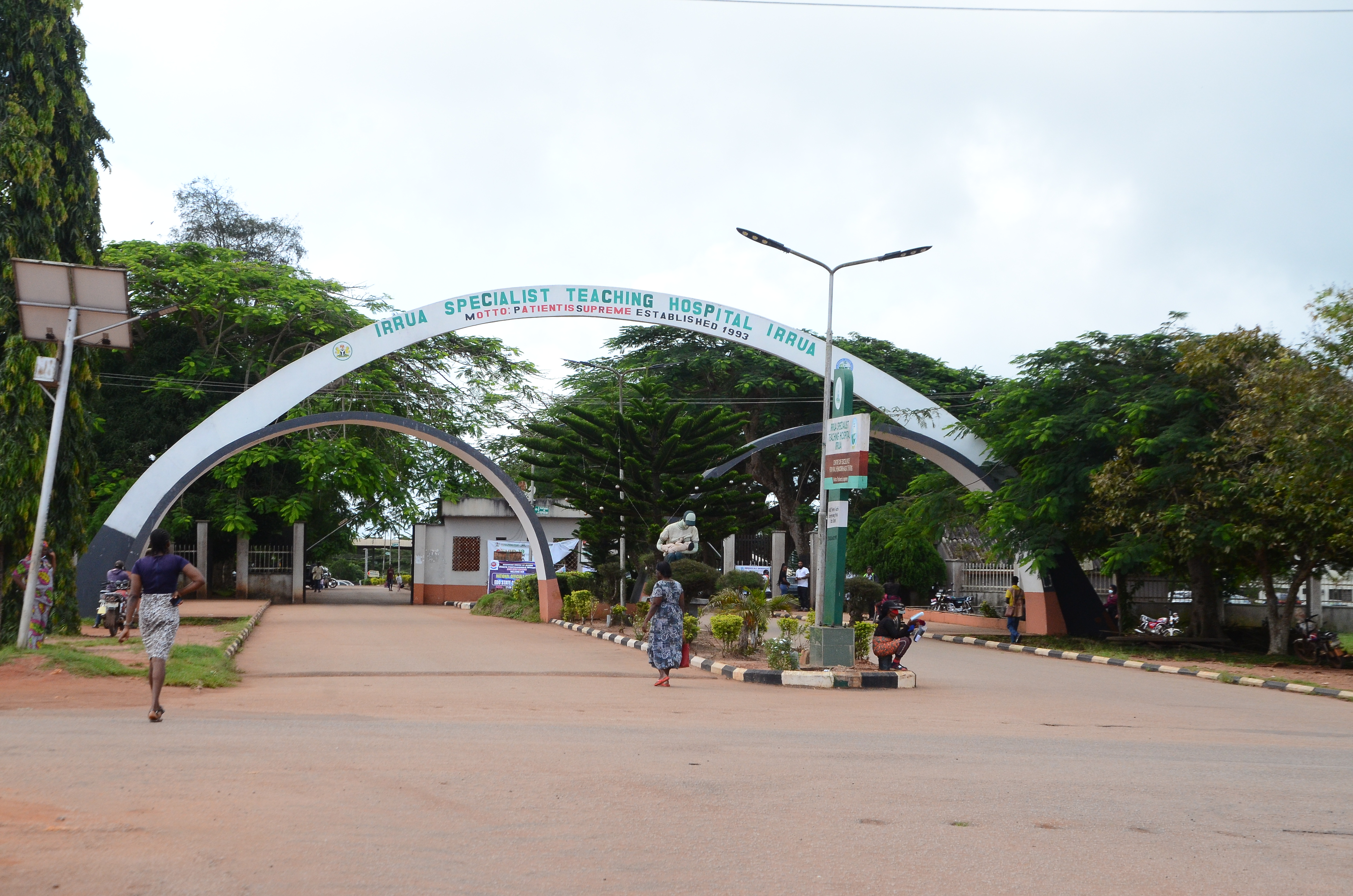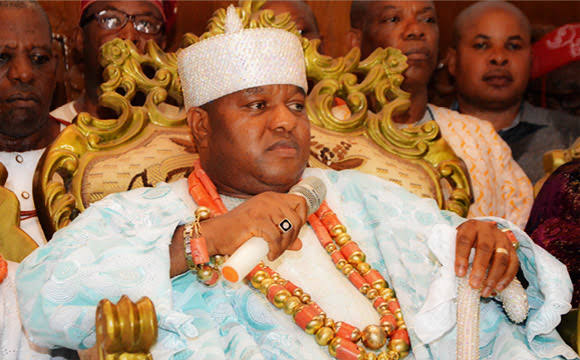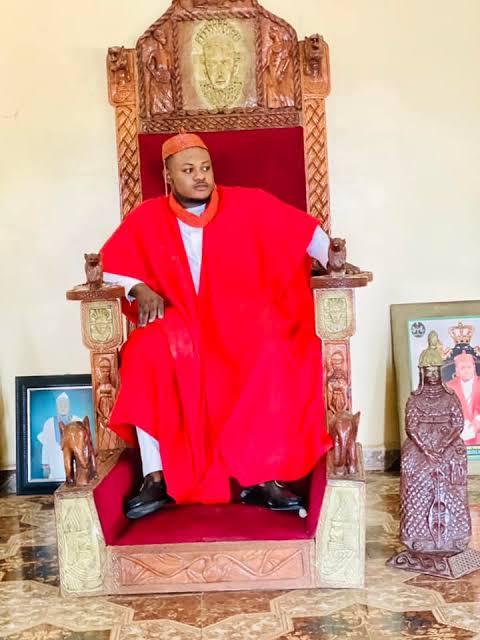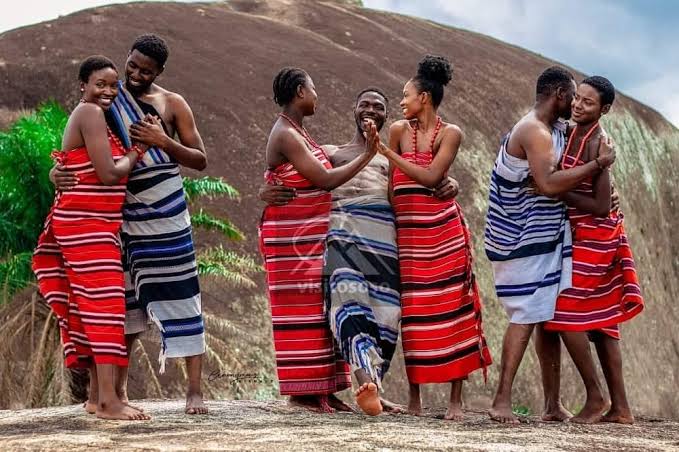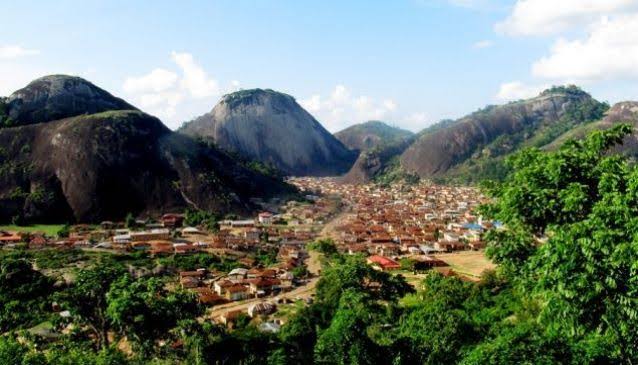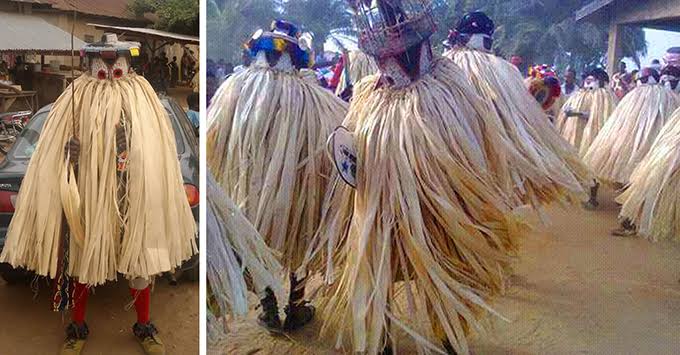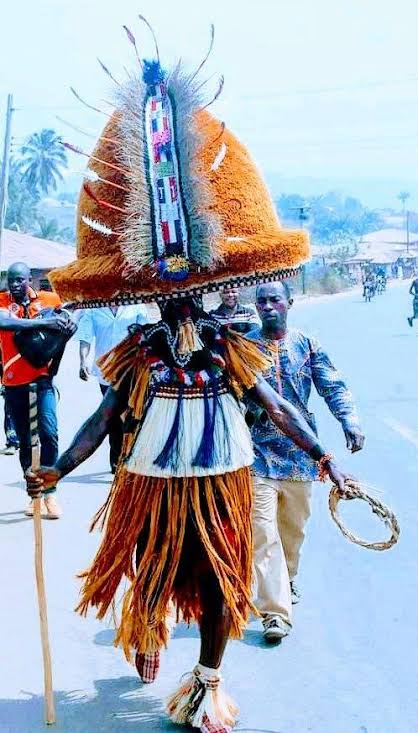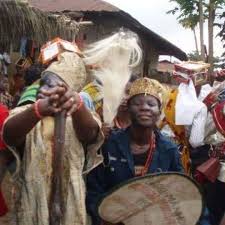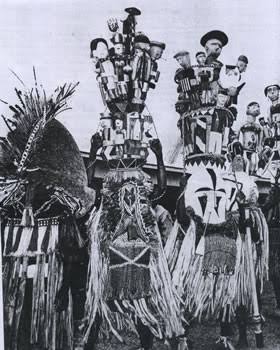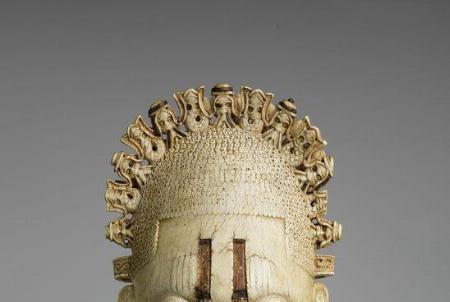Luleha Kingdom
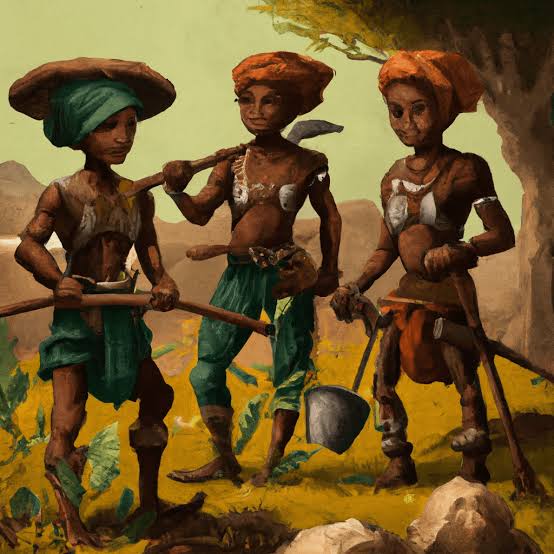
Description
Luleha is a traditional kingdom located in the Owan West Local Government Area of Edo State, Nigeria. The Luleha Kingdom is one of the historical and cultural centers within the region, known for its rich traditions, history, and cultural practices.
Historical and Cultural Background:
The Luleha Kingdom is part of the Owan ethnic group, which is one of the subgroups of the Edo-speaking peoples in Nigeria. The history of Luleha is deeply connected to the broader history of the Edo civilization, particularly the ancient Benin Kingdom. The people of Luleha trace their origins to migration patterns that occurred centuries ago, where various clans and families settled in the area and established their community. The traditional ruler of Luleha is known as the Ovie of Luleha. The Ovie holds significant authority and is regarded as the custodian of the traditions, customs, and history of the Luleha people. This role is central to the governance of the community, with the Ovie playing a key part in conflict resolution, cultural ceremonies, and maintaining the cultural heritage of the kingdom.
Geography and Demographics:
Luleha is situated in the northern part of Edo State, in an area characterized by a mix of forests and farmlands. The community is located in a region that is predominantly rural, with agriculture being the mainstay of the local economy. The people of Luleha are primarily involved in farming, cultivating crops such as yams, cassava, maize, and various vegetables. The region is also known for palm oil production and other cash crops that contribute to the local economy. The population of Luleha is largely Edo-speaking, with the Owan dialect being the primary language spoken by the people. The community is known for its strong sense of identity and cultural pride, which is reflected in their traditional practices and community organization.
Cultural Practices and Festivals:
The Luleha Kingdom is rich in cultural heritage, with numerous festivals and traditional ceremonies that play a central role in the social life of the people. One of the most significant cultural events is the Luleha Festival, which is an annual celebration that brings together the entire community. This festival is an opportunity for the people to honor their ancestors, celebrate their cultural heritage, and pray for peace and prosperity in the kingdom. The festival includes traditional music, dances, masquerades, and other cultural performances that highlight the rich traditions of the Luleha people. Another important event is the New Yam Festival, a common celebration in many Nigerian communities, which marks the beginning of the harvest season. The New Yam Festival in Luleha is a time of thanksgiving, where the first yams are offered to the gods and ancestors before being consumed by the people. This festival is marked by feasting, dancing, and communal prayers, symbolizing the community�s gratitude for a successful harvest. Traditional marriage ceremonies, burial rites, and other rites of passage are also important aspects of Luleha�s cultural life, each with its own unique customs and rituals that have been passed down through generations.
Development and Challenges:
Luleha, like many other rural communities in Nigeria, faces challenges related to infrastructure, healthcare, and education. The community has limited access to modern amenities, and the local economy is heavily reliant on subsistence agriculture. However, there have been efforts to improve living conditions in Luleha, including initiatives focused on enhancing education, healthcare, and rural development. The people of Luleha are committed to preserving their cultural heritage while also striving for progress and development. This balance between tradition and modernity is a key aspect of life in the Luleha Kingdom.
References
1. Egharevba, J.U. (1976). A Short History of Benin. Ibadan: Ibadan University Press. 2. Okojie, C.G. (1960). Ishan Native Laws and Customs. Benin City: I.C.E. 3. Omoregie, F.O. (2013). "The Traditional Rulers and the Socio-cultural Development of Edo North: A Case Study of Luleha Kingdom." Journal of African Studies, 10(1), 87-102.

Related Content
Opdwodowkdwiidwok djwkqdwqofhjqwlsqj jfkmclasdkjfjewlfjkwkdjoiqw fnedkwdkowfwhi jiowjiowhfiwkj rohriowjropwjrofwjrijeiwo edostatearchives.org
Opdwodowkdwiidwok djwkqdwqofhjqwlsqj jfkmclasdkjfjewlfjkwkdjoiqw fnedkwdkowfwhi jiowjiowhfiwkj rohriowjropwjrofwjrijeiwo edostatearchives.org
.png)
.png)
